Monash University: Childcare Policy Analysis Presentation
VerifiedAdded on 2022/11/09
|6
|816
|373
Presentation
AI Summary
This presentation provides an analysis of early childhood care policies, critically examining the discourse of quality and its implications. It explores the problematic assumptions underlying government investments in ECEC, arguing that such policies may inadvertently harm children by promoting social subjection and maternal deprivation. The analysis considers the impact of marketisation and transition policies, drawing on the work of Hunkin (2018) and other relevant literature. The presentation emphasizes the importance of protecting children's rights and promoting resource allocation based on individual assessments rather than universal concerns. The presentation advocates for policies that prioritize productive and protective outcomes for children, human capital, and national economic importance, challenging the notion of childcare as a mere social investment. The presentation aims to provide a comprehensive and nuanced understanding of the complexities surrounding childcare policies, offering insights into the potential benefits and risks associated with current practices and reforms.
1 out of 6
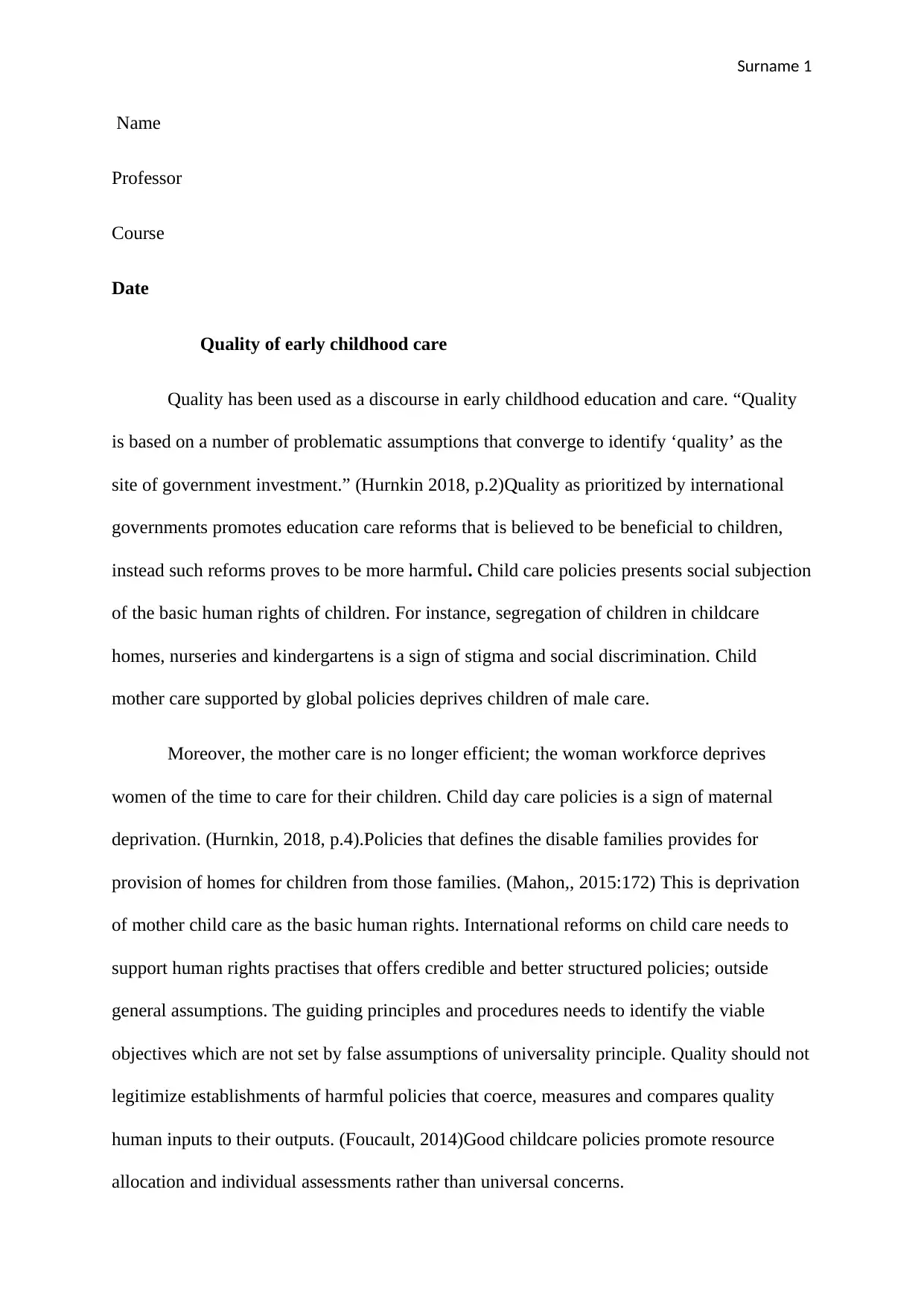
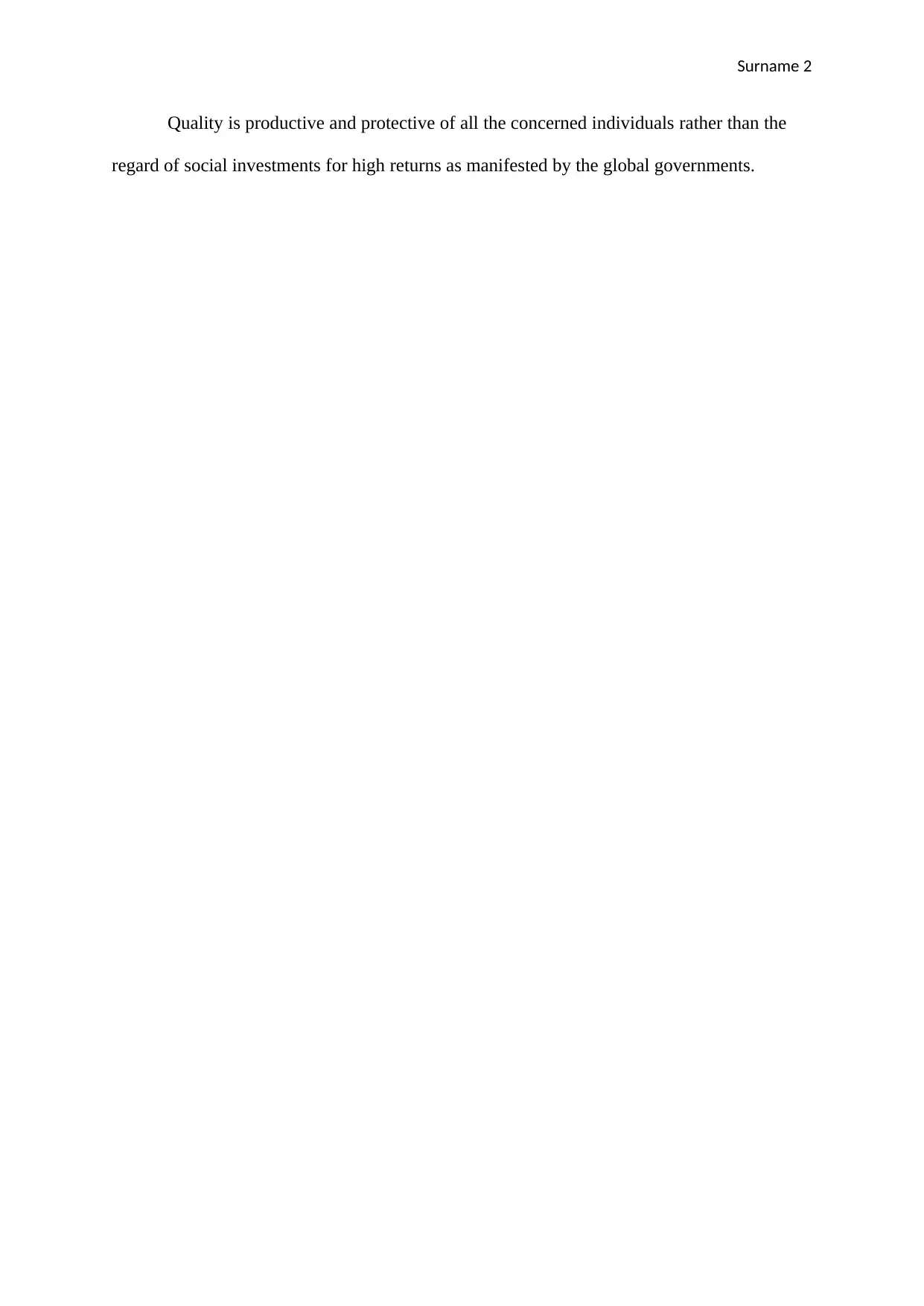
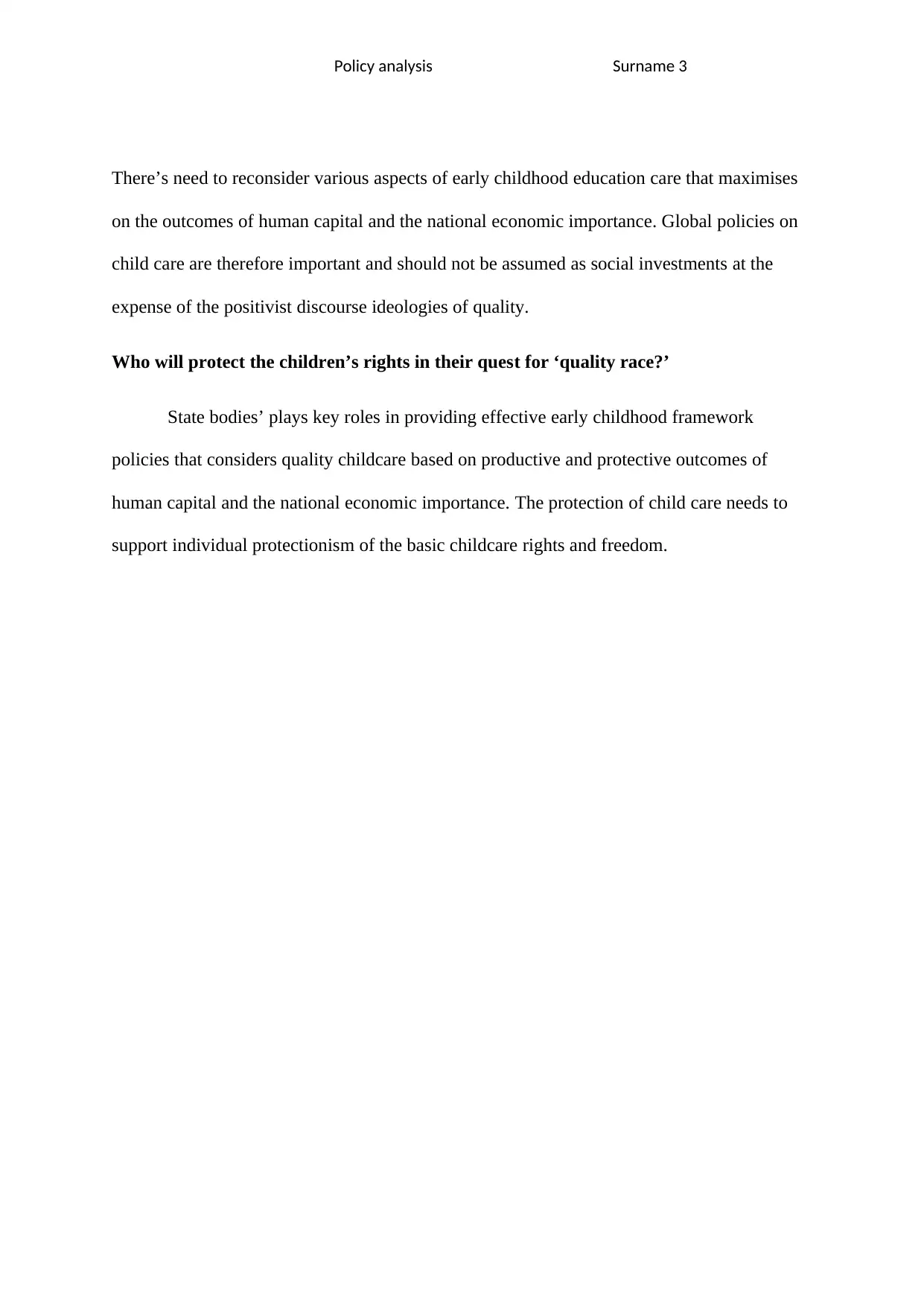

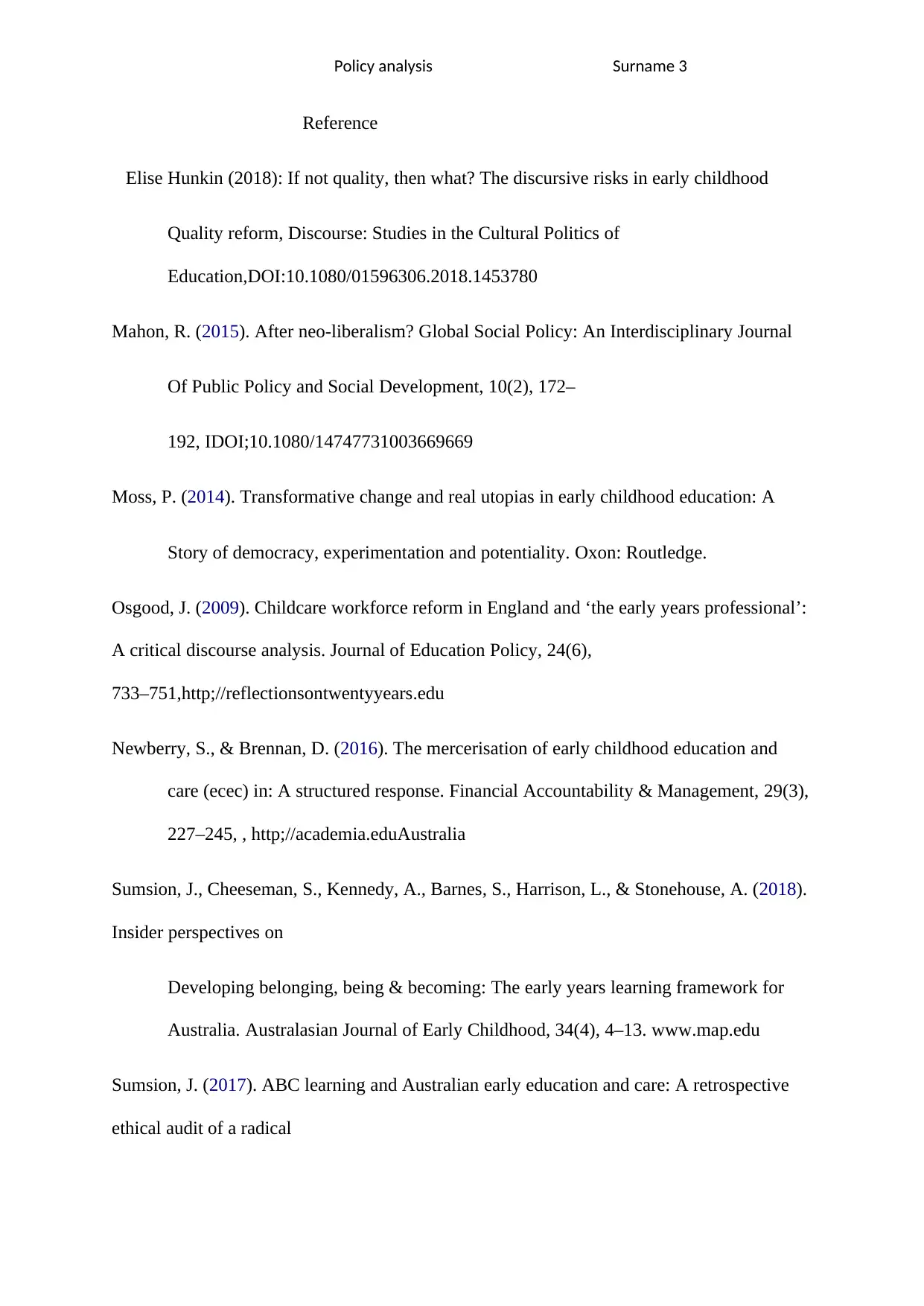
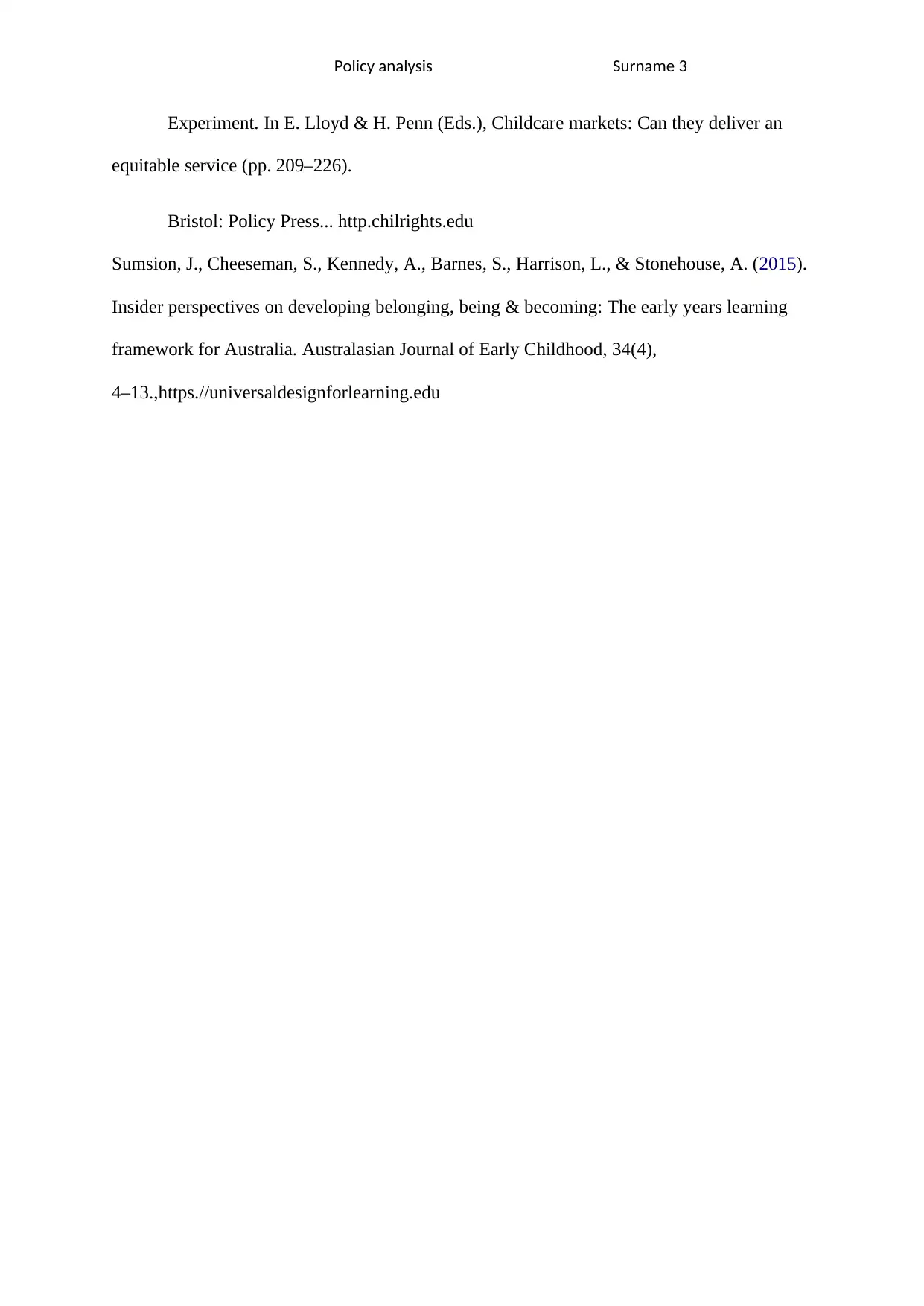







![[object Object]](/_next/static/media/star-bottom.7253800d.svg)